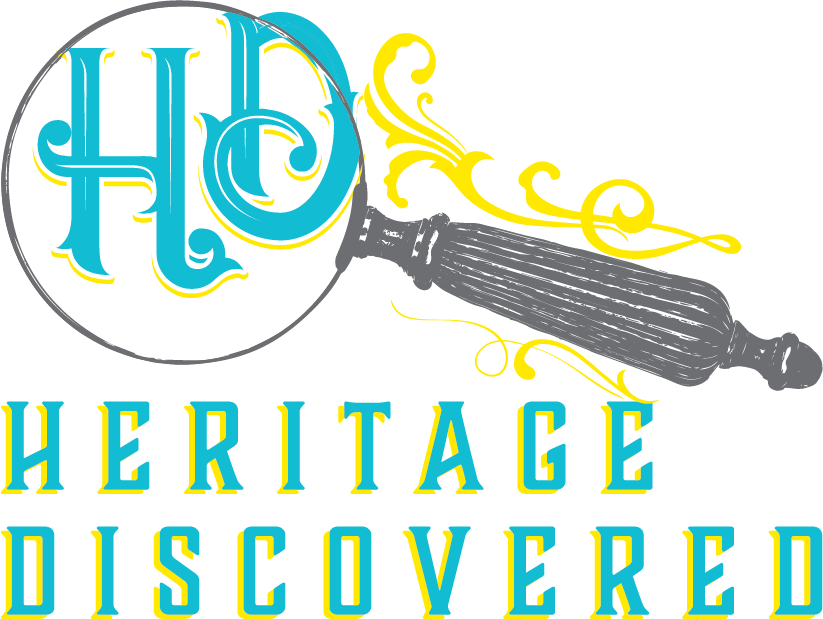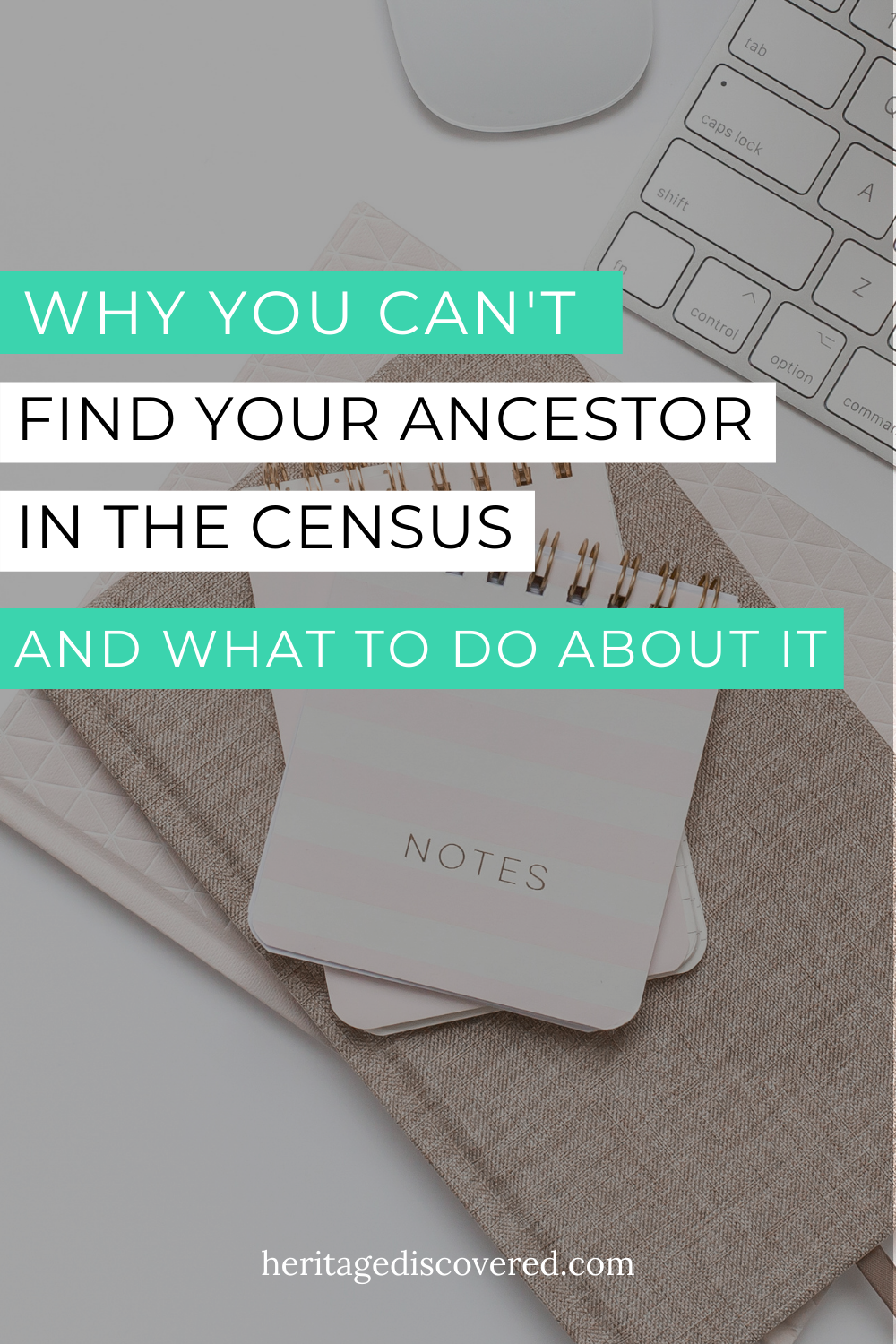One method to busting brick walls is to change up where and how you’re researching. Here’s 10 tips on how to widen your research net.
Read MoreOne of the first strategies to take when trying to bust down a brick wall is to review and analyze your existing research.
Read MoreTimelines are super helpful for your genealogy research and can help with your brick walls.
Read MoreHere are 7 tips on how to create a genealogy research plan.
Read MoreResearching ancestor name changes can be a challenge, but there are several resources and strategies you can use to find their original name.
Read MoreHave you tried looking for the wills and estate records of your ancestors? Estate records should be one of the top records you look for because they can be jam-packed with information!
Read MoreThe holidays are a great time to ask your family questions about their experiences and memories. Here’s 31 questions to get you started.
Read MoreGenealogy research in cemeteries is essential. Cemetery research can give you a lot of clues and be a substitute when vital records can’t be found.
Read MoreWhen I first started researching my French Canadian branches, I couldn’t figure out what on earth “dit” meant and why these people had two names! Click to read more about nom dit and what these mean for your family.
Read MoreHave you heard of Alien Files, AKA A-Files? If not, and if you have an immigrant ancestor who was in the US in the 1940s and 1950s, you could be missing out on some great resources!
Read MoreIf you’re starting out on the exciting journey of researching your family tree, you may be unknowingly making some of these common mistakes in genealogy. Here’s 6 common mistakes and tips on what to do instead for each!
Read MoreObituaries are an essential resource in your genealogy toolkit. They’re an amazing source of family history info.
Read MoreIf you have an ancestor who fought in the Civil War, pension records are an amazing source of information for your family tree.
Read MoreAre you making this mistake with online family trees? Here’s some best practices to using public family trees so you can avoid problems later.
Read MoreLGBT genealogy research can pose some challenges. How do we go about identifying our LGBTQ ancestors, who may have lived at a time when homosexuality was illegal, or at the very least, looked down upon? How can we uncover their stories and honor their voices and experiences?
Read MoreSomeone not appearing on a census is a common issue. There are a lot of reasons why you can’t find your ancestor, but there are strategies you can use to uncover them.
Read MoreIf you’ve discovered your ancestor was an orphan, there are many types of genealogy records to help you in your search for more answers.
Read MoreThe OAC is a free website of primary source collections from repositories across the state. It’s a great resource for genealogical research as collections of personal papers, correspondence, photographs, and oral histories are available to search.
Read MoreIf you have Japanese ancestry, you may have heard the term koseki when researching your genealogy. But what is a koseki and how can it help you trace your family tree?
Read More



















